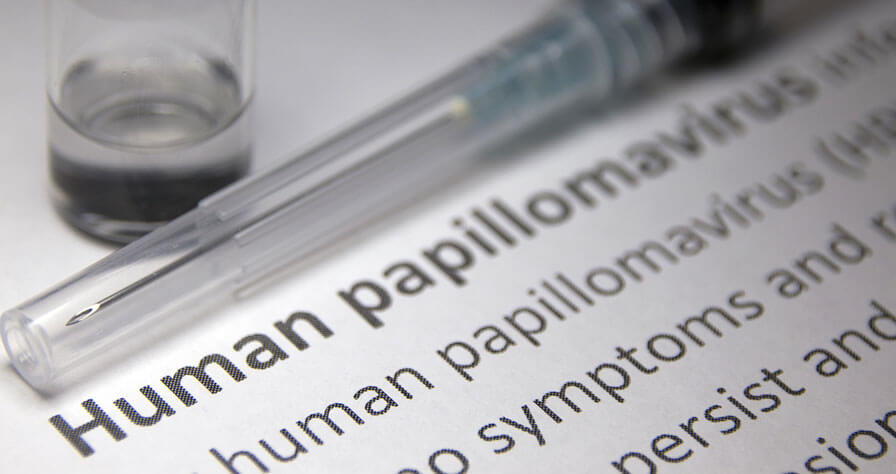What You Need to Know About HPV

Knowing the facts about human papillomavirus, or HPV, is important for many reasons: The virus is extremely common, easy to catch and can cause cancer.
HPV is so common that almost all sexually active men and women get it during their lifetimes. HPV is transmitted through and types of sex – not just intercourse – and people can spread the virus even when they have no signs or symptoms.
In the vast majority of cases, HPV is self-correcting with no treatment. However, it can also cause genital warts and cancer.
“It’s important to understand the risks of HPV and how to protect yourself and your children,” says Amber Savells, MD, an obstetrician/gynecologist with Baptist Health Medical Group in Paducah, KY. Protecting your children means getting them vaccinated, Dr. Savells said. The vaccine is recommended for all boys and girls ages 11 and 12.
Women should begin having Pap smear testing to screen for cervical dysplasia or cervical cancer beginning at 21. That screening should include HPV testing when there are abnormal cells noted on the Pap smear of the young women. For women older than 30, HPV testing should be performed routinely.
Learn more:



